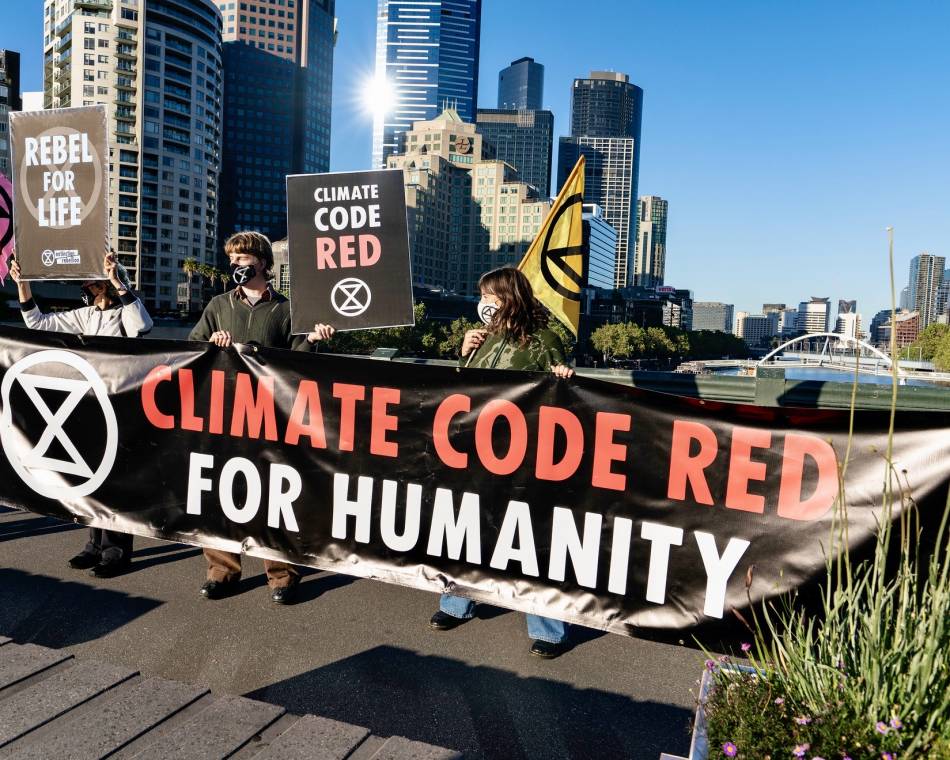LONDON (AN) — The world is "sleepwalking to climate catastrophe" as the COVID-19 pandemic and Russia's war in Ukraine put the Paris Agreement's goal of limiting Earth's warming to no more than 1.5 degrees Celsius above pre-industrial levels further out of reach, United Nations Secretary-General António Guterres said on Monday.
The global crises exacerbate nations' lack of willpower to limit climate-warming fossil fuels in line with their commitments under the 2015 Paris treaty, Guterres told the opening of the Economist Sustainability Summit, held virtually and in London.









